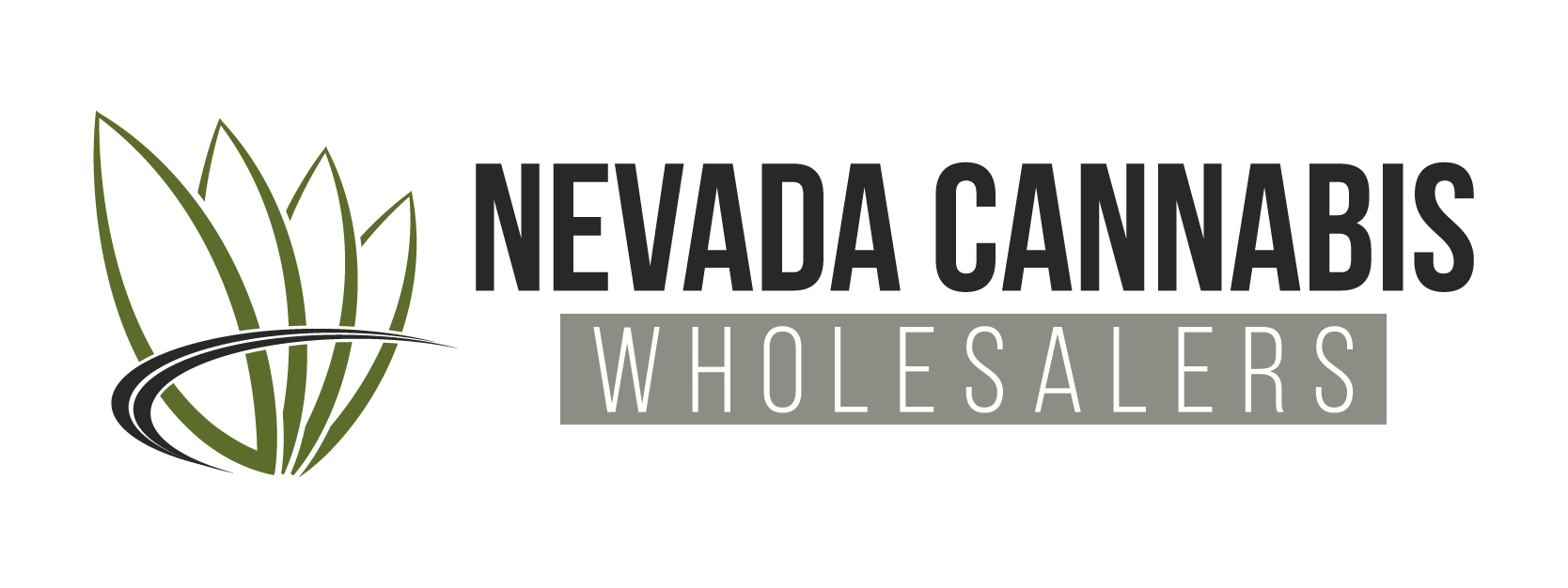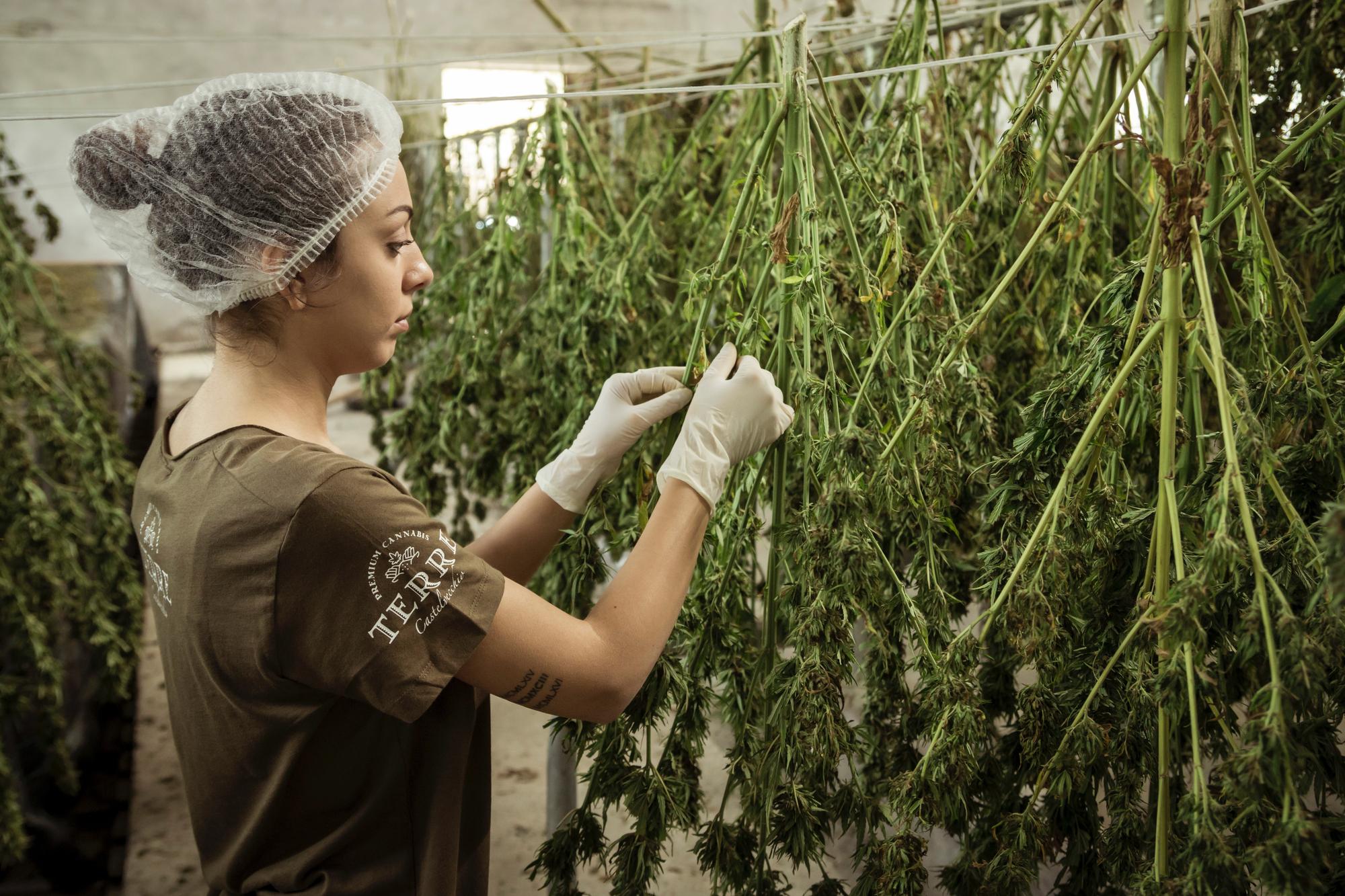In Nevada’s tightly regulated cannabis industry, testing laboratories serve as the gatekeepers of product integrity, consumer safety, and wholesale credibility. Their role extends far beyond compliance—labs are the critical link between cultivators, manufacturers, and distributors, ensuring that every batch of cannabis meets state-mandated standards before entering the wholesale and retail markets.
Safeguarding Public Health and Safety
Testing labs are mandated to assess cannabis products for a wide range of potential hazards. This includes screenings for pesticides, residual solvents, heavy metals, microbial contaminants, and mycotoxins. By verifying that products are free from harmful substances, labs not only protect consumers but also protect wholesalers from liability issues. In Nevada, the Cannabis Compliance Board (CCB) enforces strict requirements, mandating that no product can be sold without passing lab certification. For wholesalers, this ensures that every unit received or distributed maintains a baseline of safety and consistency.
Ensuring Potency Accuracy
Beyond safety, potency testing is one of the most scrutinized aspects of Nevada’s cannabis wholesale sector. Accurate cannabinoid profiles—such as THC, CBD, and minor cannabinoids—are essential for pricing, marketing, and consumer trust. Wholesale buyers often negotiate contracts and pricing tiers based on potency brackets, making lab results critical in determining value. For example, high-THC flower often commands a premium price, while products with lower potency may be funneled into alternative markets such as pre-rolls or extracts. Without reliable potency data, wholesalers would face uncertainty in valuation and pricing strategies.
Compliance as a Market Necessity
Nevada’s cannabis industry is governed by one of the most robust regulatory frameworks in the United States. Testing labs ensure wholesalers remain compliant with CCB standards, providing certificates of analysis (COAs) that serve as legal documentation during audits or investigations. Non-compliance, whether intentional or accidental, can result in fines, product recalls, or even license suspension. For distributors and wholesalers, having trustworthy lab partners is not optional—it is a core necessity for staying operational and competitive.
The Impact on Supply Chain Efficiency
Testing also plays a direct role in wholesale logistics. Turnaround times from labs can dictate how quickly products move from cultivators to shelves. Delays in lab reporting can create bottlenecks, forcing wholesalers to hold inventory longer and disrupting supply chain flow. Conversely, efficient labs with streamlined processes allow wholesalers to predict timelines more accurately, manage storage, and align with retail demand. Some wholesalers in Nevada even develop strategic partnerships with specific labs to secure faster turnaround times and ensure predictable distribution schedules.
Building Trust in Wholesale Transactions
The wholesale cannabis market depends on trust between buyers and sellers, and testing labs provide the objective verification that underpins this trust. COAs allow wholesalers to guarantee product claims when negotiating bulk deals with dispensaries or other distributors. For dispensaries, receiving product with certified lab documentation reduces the risk of customer complaints, returns, or reputational harm. Ultimately, labs serve as neutral arbiters that validate product quality and stabilize pricing within the wholesale ecosystem.
Looking Ahead: Innovation and Challenges
As Nevada’s cannabis market matures, testing labs are evolving with it. Advances in terpene profiling, minor cannabinoid analysis, and even genetic testing are beginning to shape wholesale negotiations, giving buyers and sellers more granular data to differentiate products. At the same time, challenges such as “lab shopping”—where operators seek labs with more favorable potency results—remain a concern for regulators and wholesalers alike. Maintaining integrity in testing will be central to the industry’s continued credibility and growth.
In summary, testing labs in Nevada’s cannabis market serve as both enforcers of compliance and facilitators of commerce. For wholesalers, their role is not just regulatory but strategic, influencing everything from pricing and logistics to market trust and long-term industry stability.

